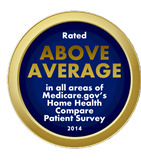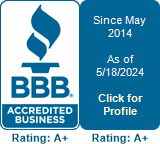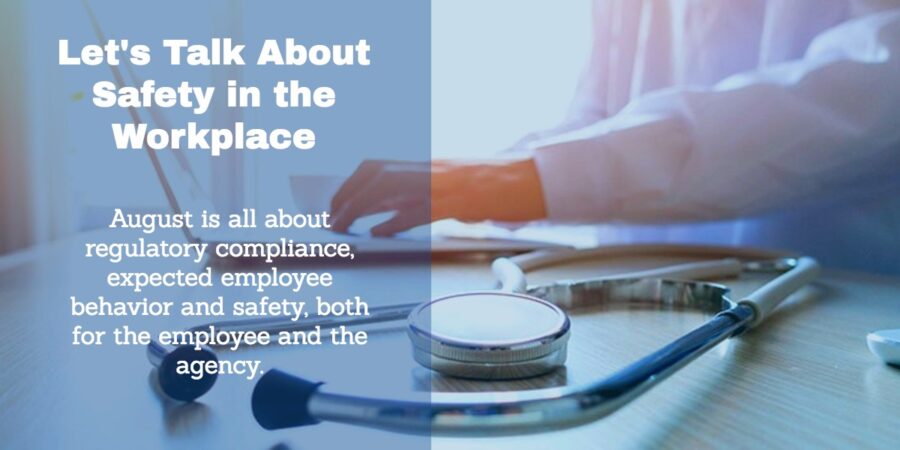Regulatory Compliance
Staying Safe
Home health care is a highly regulated industry full of regulations and compliance requirements. This month’s Continuing Educational Unit revolves around some of these regulations that you should already know, be aware of, or need to know while working in home health care and through your employment at A&L Home Health Care and Training Center, LLC.
How to Contact Us
Our Proctorville (740-886-7623) & Ironton (740-534-9784) offices are open Monday through Thursday 8a-5pm (lunch 12-1) and Friday 7:30am-4pm (lunch 12-12:30).
Our Gallipolis office is open Monday and Friday 9a-3p.
Because of the nature of work we do, we are a 24-hour per day, 7-days per week agency. This means that you will always be able to reach someone, should you have any questions, concerns, or incidents that need to be reported.
You can always reach us at (740) 886-7623 or (866) 886-7623.
After hours, you’ll reach our on-call scheduler. We also have a nurse on call as well for any situations that may arise.
Expected Employee Behavior
All employees must maintain a PROFESSIONAL relationship with individuals to whom they provide services.
Upon hiring you are require to read and sign a Code of Ethics. We expect you to adhere to our Agency Policies and Procedures. Failure to do so will result in disciplinary action.
Employees are expected to provide services in a person-centered approach that follows the individual’s approved Person-Centered Services Plan.
Patient schedules are pre-determined by the case manager. Any changes to the patients schedule MUST BE APPROVED by the case manager.
You must follow your schedule. Please review your schedule monthly and contact our scheduling department when errors are found.
If the patient requests to have a different schedule, the patient must call the case manager. YOU, the employee, must call the scheduling department regarding the desired change.
Please refrain from any behavior that may distract from the goals, objectives and services outlined in the individual’s all-service plan and/or, of course, may jeopardize the individual’s health and welfare.
YOU MUST IMMEDIATELY REPORT ALL INCIDENTS TO OUR OFFICE
Report any incidents to the office along with any changes in the physical, mental and/or emotional status of individual. This entails any change in patient condition, any physician appointments, urgent care or emergency room visits, or hospitalization.
This is one of your top priorities in taking care of your patient
What Defines an Incident?
(i.e. When Should I Call?)
Please note: if you have any doubts or questions or if you are unsure whether or not you should call the office regarding something, you should call. There is no harm, no problem, in calling us if you’re not sure about something or can’t decide.
Now, What is an Incident?
An incident is an alleged, suspected, or actual event that is not consistent with the routine care of and/or delivery to an individual.
Before I give you a great big definition and a number of situations that can be considered ‘incidents,’ please keep in mind — ANYTHING out of the ordinary for the patient needs to be reported to the office.
If a patient receives a hangnail, regardless of when it occurs, the moment you find out about it, you need to call the office.
If a patient stubs their toe, regardless of when it occurs, the moment you learn about it, you need to call the office.
In legalese:
Incidents include, but are not limited to, all of the following:
Abuse: actions towards the individual that could be reasonably be expected to result in physical harm, pain, fear or mental anguish.
Neglect: when there is a duty to do so, failure to provide goods, services and/or treatment necessary to assure the health and welfare of an individual.
Exploitation: the unlawful or improper act of using an individual or an individual’s resources for monetary or personal benefit, profit or gain.
Misappropriation: depriving, defrauding or otherwise obtaining the money, or real or personal property (including medications) of an individual by any means prohibited by law.
Death of an Individual, be it the patient or someone else who is in the patient’s residence.
Unauthorized use of restraint, seclusion, and/or restrictive intervention that does not result in, or cannot be reasonably be expected to result in, injury to the individual. (NOTE: ANY unauthorized use of restraint, seclusion, and/or restrictive intervention should result in a call to the office.)
An unexpected crisis in the individual’s environment resulting in the inability to assure the individual’s health and welfare in his or her primary place of residence.
Incidents can also be defined as inappropriate service delivery, including, but not limited to:
Violations of the conditions of participation.
Services provided to an individual that are beyond your scope of practice.
Services delivered to the individual without, or not in accordance with, their physician’s orders
Medication administration errors
Incidents can also include actions on the part of the individual that places the health and welfare of that individual at risk, including, but not limited to:
The individual cannot be located.
Activities that involve law enforcement.
While providing services, you MUST NOT:
- Do anything that causes or may cause physical, verbal, mental, emotional distress or abuse to the individual, or behavior that may compromise the health & welfare of the individual.
- Engage in an activity that may take advantage of or manipulate the individual or his or her authorized representative, family or household members, or may result in a conflict of interest, exploitation, or any other advantage for personal gain.
- Misrepresent yourself by the deliberate intent of your actions to deceive, either for profit or advantage.
- Take the individual to your home.
- Bring children, animals, friends, relatives, other individuals or anyone else to the individual’s home
- Provide care to anyone other than the individual.
- Smoke during your shift.
- Use or be under the influence of alcohol, illegal drugs, chemical substances or controlled substances that may adversely affect your ability to furnish services.
- Engage in any activity or conduct that may reasonably be interpreted as sexual in nature, regardless of whether or not it is consensual.
- Engage in any behavior that may reasonably interpreted as inappropriate involvement in the individual’s personal beliefs or relationships.
- Consume the individual’s food and/or drink.
- Engage in any activity that is not related to the services you are providing to the extent that the activity distracts, or interferes with, service delivery: including, but not limited to:
- using electronic devices for personal or entertainment purposes including, but not limited to watching television, using the computer or playing games. Note: please leave any electronic devices in your car or at home while you are providing services for the individual.
- Deliver services when you medically, physically, or emotionally unfit.
- Engage in socialization with persons other than the individual.
- Accepting, obtaining, attempting to obtain, borrow, or receive money or anything of value including, but not limited to gifts, tips, credit cards or other items from the individual.
- Being designated on any of the patient’s financial accounts including, but not limited to bank accounts and credit cards.
- Lending or giving money or anything of value to the individual.
- Engaging in the sale or purchase of products, services or personal items with or for the individual.
Supplemental Information
Supplemental Tips to “Call if You Fall”
including a link to a downloadable copy that you can print and keep with you.






